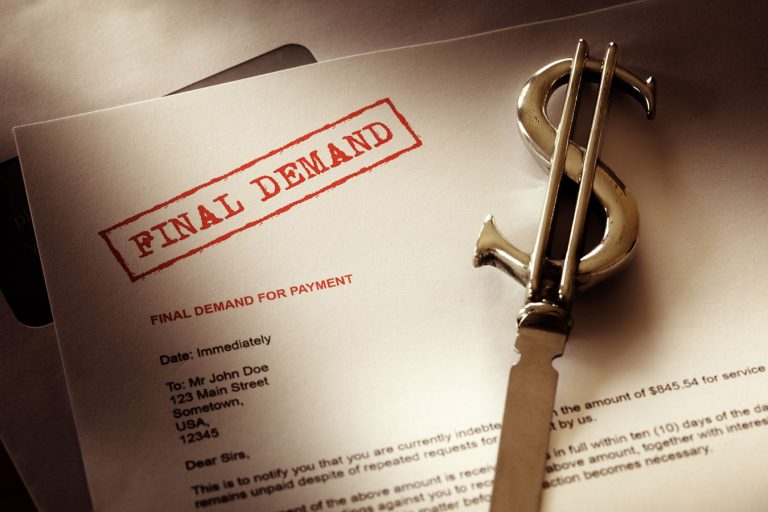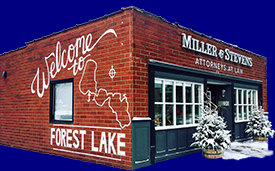Personal injury claims can include auto accidents, premises liability (dangerous condition), dog bite, dram shop or any injury caused by someone’s negligence. It is important to seek the medical treatment you need to restore your health. Your initial focus should be on your health and getting better. Seek the necessary care specific to your injury and be diligent in following up on treatment as recommended by medical professionals. You should inform your care providers of all the injuries and symptoms you are experiencing, to help you recover and also so the medical records reflect your symptoms and issues accurately.
Negligence is the basic cause of action where someone has a duty to you, they breach that duty, which causes an injury, and you suffer damages. All of those elements must be present. Damages can include past and future pain and suffering, past or future wage loss, past or future medical expenses, or a consortium claim by an injured spouse. Some statutes might apply, like the dog bite statute stating that a dog owner is strictly liable for your injuries, regardless of negligence. Punitive damages is also regulated by a statute. There are a plethora of cases about premises liability (slip and fall cases), reflecting which facts tend to show causation or fault and which defenses will be fatal to your case.
After seeking sufficient medical treatment in an attempt to reach maximum medical improvement, you can consider starting your legal claim against the tortfeasor (the person who was negligent). Ideally, the tortfeasor has insurance that covers such a claim, so you will begin working with their insurer from the outset. There are different policy limits and different policies that apply (umbrella, excess coverage, etc.). If the tortfeasor has inadequate insurance to cover your total damages in an auto accident, you can make a claim against your own insurer under your under-insured motorist coverage. This is a complicated process that should involve a lawyer because certain requirements and deadlines must be met in order to preserve your UIM claim.
Insurance companies typically do not offer their maximum amount to you initially without a lawyer. Insurers also typically do not make their best offer pre-suit, before you file a lawsuit – unless it is a clear policy limits case. And frankly, over the years, it seems that insurance companies are not offering their top dollar at mediation. Mediations are an opportunity to try settling your case after some discovery and your deposition has occurred. A lawsuit will involve written questions to answer, your deposition will be taken to discuss the accident or incident and your injuries, and the parties are required to use mediation as an alternative dispute resolution method. If settlement cannot occur, then you will have your day in court in a jury trial. Personal injury cases, however, rarely reach a jury trial. They are often settled at one of the earlier stages described. There are important ways to increase the insurer’s settlement offers, so you can benefit from your lawyer’s advice.
Law firms are paid on a contingency basis for personal injury claims. This means that you owe no legal fees and lawyers are paid a percentage of their recovery, typically 1/3 for auto accidents and 40% for premises liability or medical negligence claims.
Personal injury claims can only provide you with money as compensation. Lawyers and insurers cannot restore your health. Only medical professionals can improve your health and reduce your symptoms. Stay focused on your health, your medical treatment, and your recovery. Let your lawyer handle the legal side of things and try maximizing your monetary compensation. If you have any questions about personal injury claims, please call our office at 651-462-0206.






